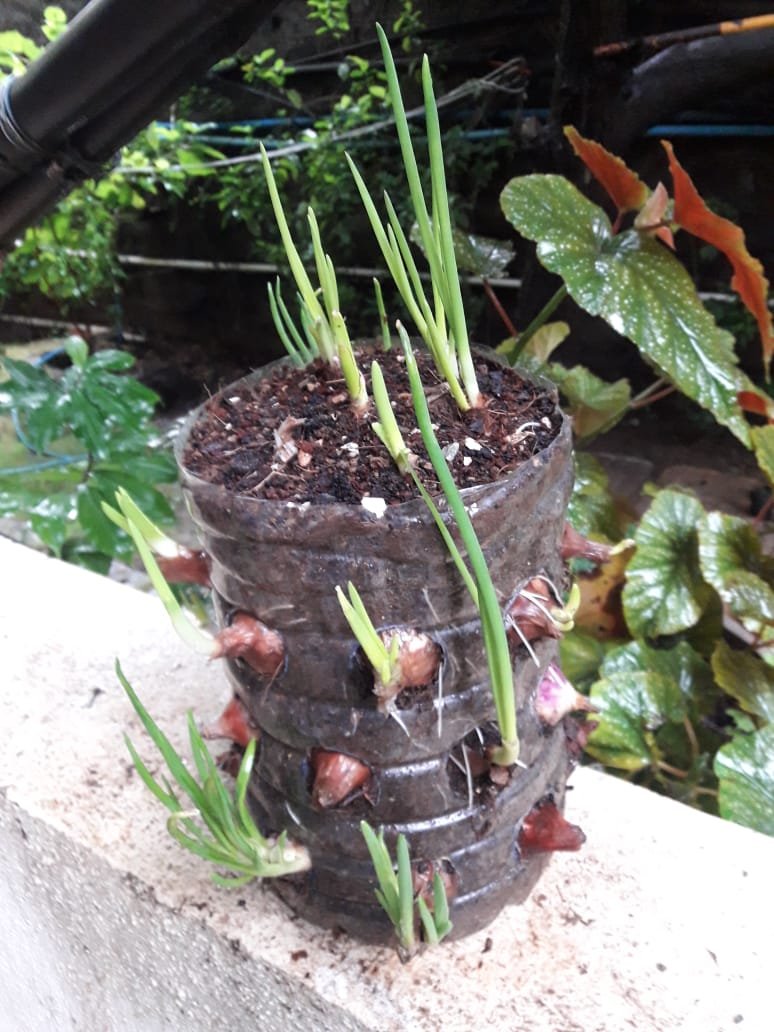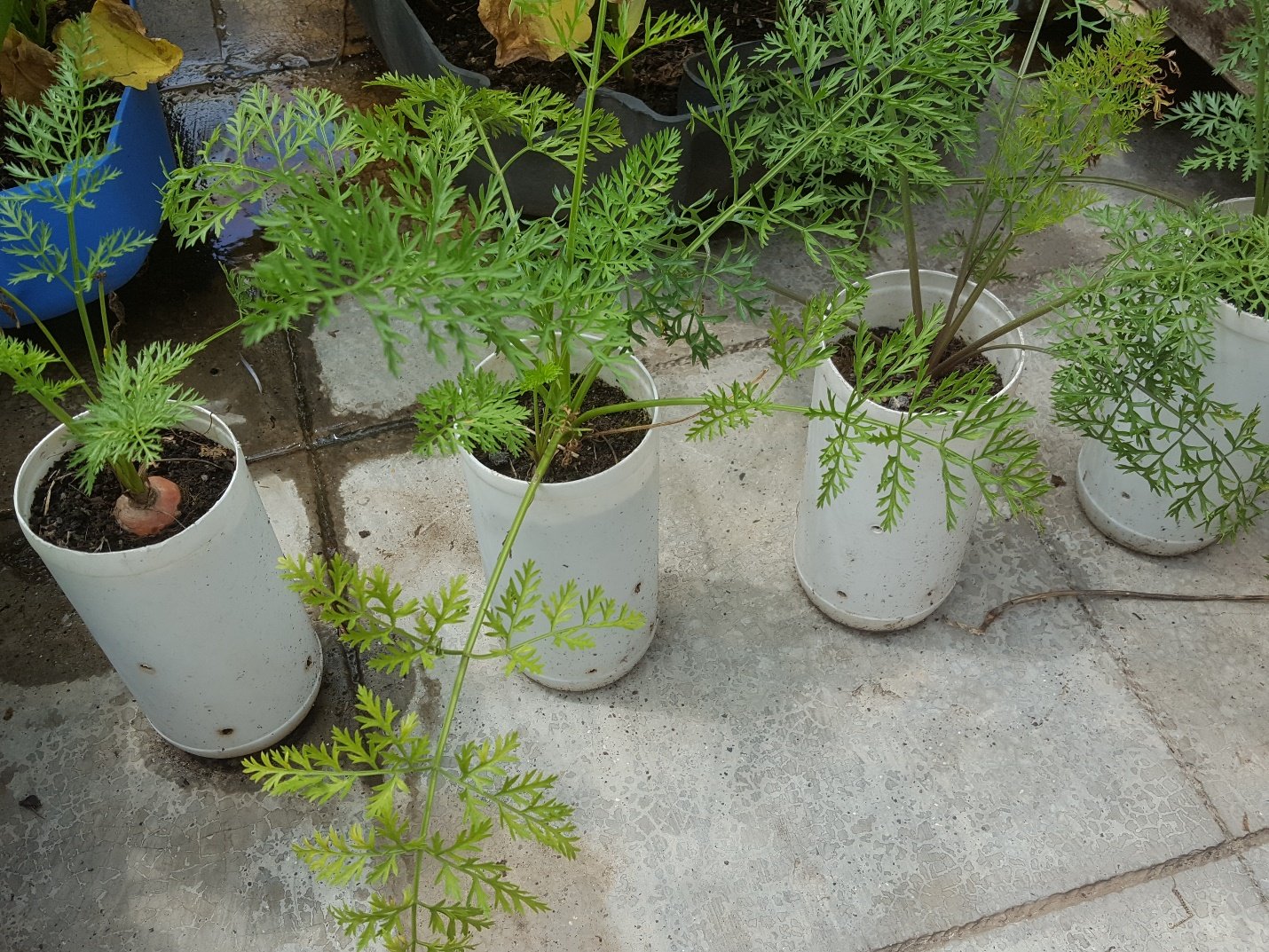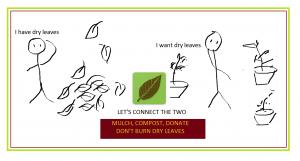I know, it is quite a tall order. Here is how,
“When I was a young man, I wanted to change the world.
I found it was difficult to change the world, so I tried to change my nation.
When I found I couldn’t change the nation, I began to focus on my town. I couldn’t change the town and as an older man, I tried to change my family.
Now, as an old man, I realize the only thing I can change is myself, and suddenly I realize that if long ago I had changed myself, I could have made an impact on my family. My family and I could have made an impact on our town. Their impact could have changed the nation and I could indeed have changed the world”.
Author: Unknown Monk 1100 A.D.
So true, isn’t it?
Back to our objective, then how can we create a garbage-free world?
Let’s ponder on the word garbage itself. What is garbage? Waste? Something we don’t want, something that is no longer useful.
You know, in nature, all processes are circular. Output of one system serves as input to some other system. So, there is nothing unwanted. There is no waste.
Nature uses and re-uses resources. And that is why it has been functioning on limited resources for such a long time.

Systems designed by us are linear. We create something, use it and then discard it. That’s the point where waste is created.
What if we copy nature’s design? What if we design circular systems?
Let’s start first, by changing our terminology.
Nothing is waste, everything is a resource.
Dry leaves is resource, fruit peels is a resource…
When dry leaves decompose, nutrients in them are returned to soil, gases are released in air.
When kitchen waste decomposes, water evaporates, i.e. turns into water vapor and goes back in the atmosphere, same with the gases and remaining (around 2%) goes back to soil as nutrients.
Tree takes nitrogen from the soil, carbon dioxide from the air. Leaves grow, tree blossoms. All this output, i.e. leaves, flowers and fruits, fall to the ground and nutrients return in the cycle.
Once we change our mindset and look at everything as resource, suddenly we will find various ways of utilizing these unlimited resources.
Okkay, I know what you are thinking. What’s the point of we being convinced?
Question is, how to convince all to do composting/ mulching?
I know, it is daunting. Going back to the poem, how about starting with ourselves?
How about creating this closed loop on personal level?
Let’s aim for garbage-free household. Once that is achieved, let’s move on to community, city, state and …..
Don’t worry, my experience is good things are pretty infectious. They just catch on 😊. Only pace might be slow than we expect.
So, close-loop at house-hold level? What’s that exactly?
Closed-loop in this case would be,
We have a garden. Leaves shed by the trees in our premises are used for mulching and composting. Residue from kitchen, that is vegetable, fruit peels, left-overs too go in the compost. A garden blossoms on this compost. Produce from garden goes to kitchen. And the cycle continues.
That is the closed-loop. Nothing goes out. It merely moves from system to system.
It sounds pretty simple in theory. But gardening is no easy job. It is almost like parenting, taking care of plants, protecting them from any harm, constantly observing, understanding what is wrong, taking care of them in time of stress.
Yes, not easy at all.
But why not start small?
One planter? Two planters? And then scale up when we have enough confidence.
Even planter need not be fancy. Simply utilize what you already have.

Planted sprouted onions in 5 liter Bisleri bottle. Courtesy: Mr. Vivek Bapat, Pune

Carrots in used bottles. Courtesy: Shahikala Dagade, Pune
How’s that?
Size of your garden does not matter, what matters is that we have created a system of no-waste.
Nothing goes out of your house as waste.
We have continued to a cleaner city.
We have contributed to a slightly less polluted air.
Our family gets vegetables, herbs that are toxic-chemical-free
WIN-WIN-WIN situation all along?
Along the way, we would be discussing how to take it to a large lever.
But for now, not a bad start, hmm?
Conclusion:
Start small, observe, assess, make course corrections and go forward. In case of any difficulty, feel free to write to us.
Note:
Our current scope is wet waste or rather wet resource. Non-biodegradables form a large part of what we throw out. Though focus of this forum is dry leaves, composting, gardening, we will provide a few pointers for dry-waste reduction.



